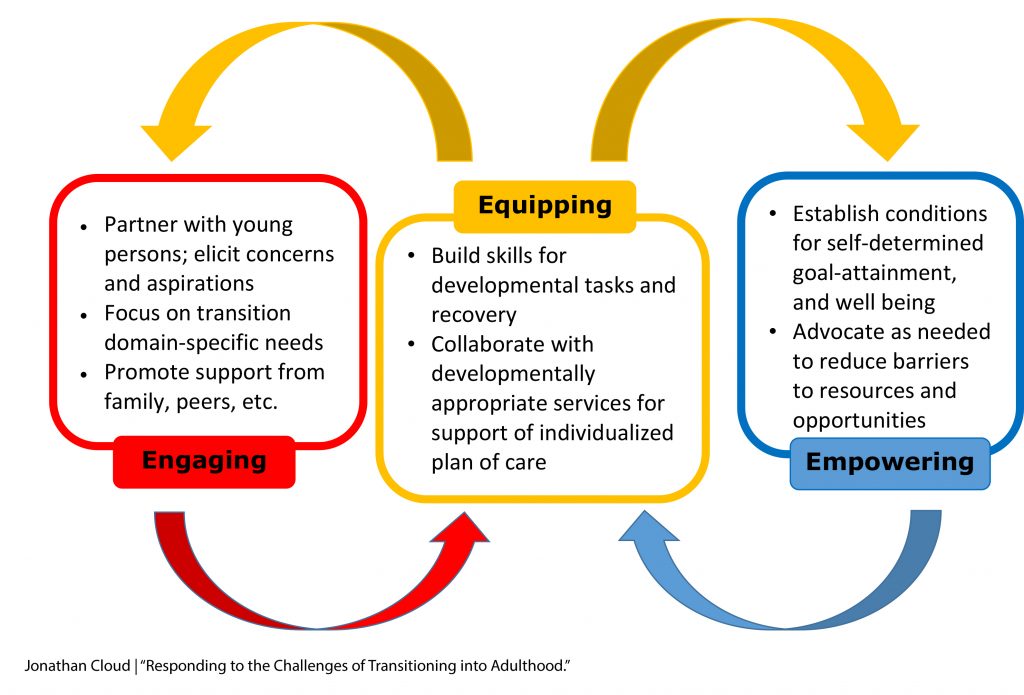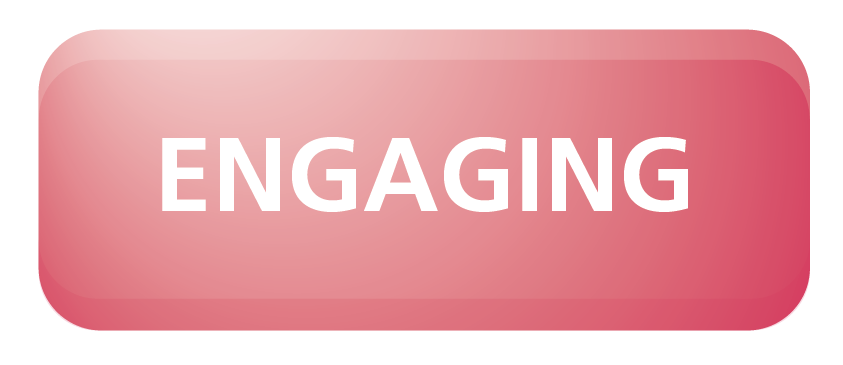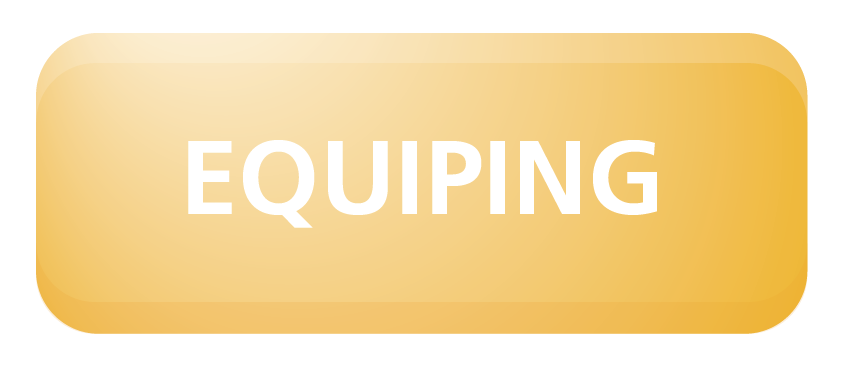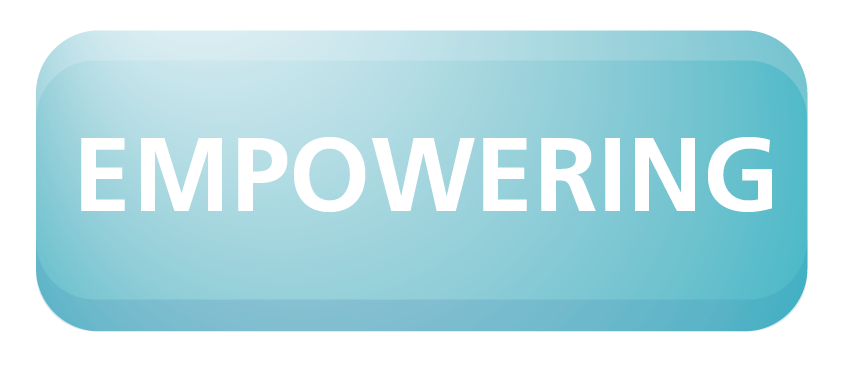Engage, Equip, and Empower Young People to Become their Best Selves
The transition from childhood into adulthood is challenging even to typically developing young people. For those who have had complicated histories, who have not developed trusting relationships and confidence in their skills for navigating this process, it is even more difficult. For them, the task is to reach toward their future while filling their maturational gaps and addressing their age-appropriate developmental tasks.
The YES! model is structured to build upon activities that are both effective and appealing to young people. The developmental tasks of 16-26 year-olds are focused on discovery and seeking self-knowledge. Consequently, emphasis on developing and supporting “youth voice” and “youth driven goals” are keys to engaging young people in services.
Research shows that the executive skills needed to manage the tasks of young adulthood emerge only in the context of safe relationships and nurturance. These are the two elements that must be addressed in relationships between young people and providers. The YES! Model includes a process that utilizes activities drawn from the “Direct Services Core Competencies” identified at the Pathways Research and Training Center.
- Provide safe relationships in which young people can tackle life challenges,
- Overtly support young people as they identify their priorities and work toward potential solutions,
- Enhance the skills of young people to address their immediate challenges and move toward a future that will be satisfying to them, and
- Balance the pursuit of forward momentum toward goals with the flexibility to accommodate the loss of motivation that intermittently distracts young people from their long term goals and is sometimes perceived as “not being ready for treatment.”
This process has three components “Engaging, Equipping and Empowering young people” and is frequently referred to simply as “the three Es.”

The surface simplicity of this process provides transparency regarding the roles of both young people and providers using this process. This is especially important since young people are generally skeptical that mental health services can benefit them. In this model, there is ongoing negotiation in which young people identify the goals they want to address and together staff and young people create a consensus on how to proceed.
Below is an introduction to the Engage, Equip, and Empower Process with examples of how each “E” contributes to positive experiences for young people. For more information on how to implement the three Es process in CCS, see Integrating YES! into Existing CCS Service Models.

Engage refers to practices and activities that motivate and support young people as they face life challenges. This focus is especially strong as young people enter the treatment process and continues as needed. YES! strives to work transparently.
- Youth voice is paramount—young people identify life challenges that they want to work on.
- One or two staff usually assume the role of coaches or partners and provide most of the engagement. As other providers and peer supports become involved they also focus on engagement.
- The process of addressing challenges is built on a respectful process of identifying barriers, planning how to address them, a teaming approach, and ongoing discussions and debriefing that assists the young person in figuring out how to proceed.
- Throughout the process, staff roles include focusing on developmental relationships and maintaining a focus on identifying goals and approaches that are “doable, ” identifying good decisions and existing strengths, and offering support where needed, etc.
- As young people attempt to achieve difficult goals, they need a combination of encouragement to “stick with” the challenge and support to think flexibly about how to achieve the goals. Reminders of progress already attained are important. And, it never hurts to normalize minor setbacks since learning from mistakes is a form of success.
- Struggling is shared and successes are recognized as the young person’s achievements.
Ways to get us engaged and keep us interested.

Equip refers to assisting young people in developing skills that address their immediate life challenges and build their capacity to address future goals.
- Initially, many skills identified by young people relate to getting information to address a physical safety or social need.
- Over time, they become aware of the need to improve skills with broader application. Examples: how to plan better, increase time management skills, etc.
- Creating awareness that knowledge and skills can transfer from one situation to the next is helpful. Just recognizing that reality can be motivating.
- Identifying potential community resources for a particular purpose often results in awareness that that person could be a useful connection in the future.
Practical Help equips us to build our futures.

Empower refers to creating an awareness of accomplishments and/or using these accomplishments to motivate oneself or others to focus on the future.
- Encouraging young people to keep a log of strategies that have been helpful can support them in discouraging times.
- Identifying small efforts that “made a difference” in an outcome is empowering.
- Celebrating small successes.
- Knowing a strategy to share with another person is empowering.
- Empowering a young person can involve participation in group activities that one has never done before.
- Sharing knowledge of resources with another young person.
- Participating on a CCS Coordination Committee.
“You kinda know what you want.”
Experiences in each of the 3 Es contribute to ongoing development of skills and increasingly good mental health.
Learn more…
Wisconsin Department of Health Services – Youth Engagement Toolkit
Search Institute – Relationships First, Creating Connections that Help Young People Thrive
Achieve My Plan – AMP Materials
Ozaukee County – Motivational Interviewing
Resilient Wisconsin: Trauma informed practices
Ontario Centre of Excellence for Child and Youth Mental Health – Walking the talk